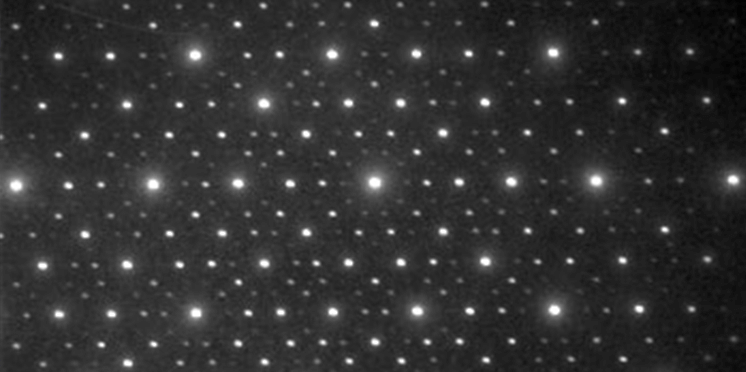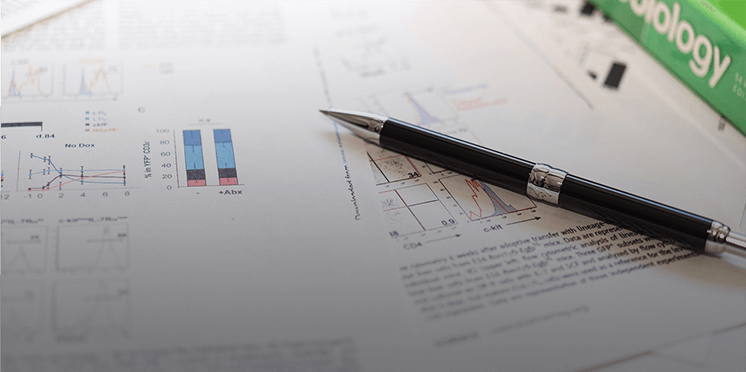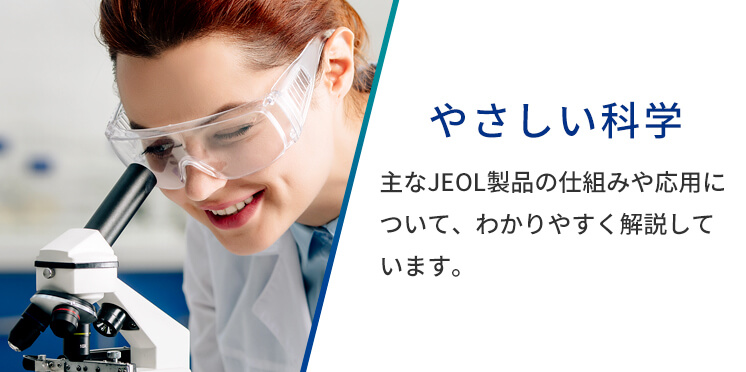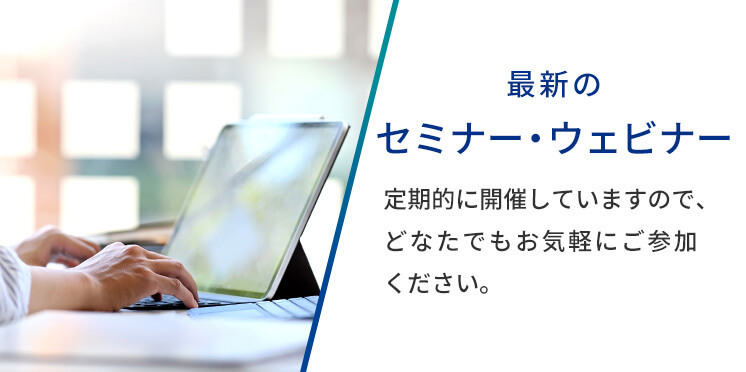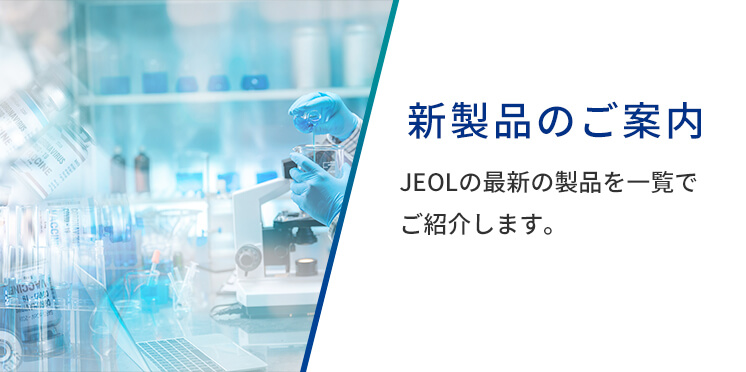experience
他動詞
例文:
EELS measures the energy losses that electrons experience as it passes through a solid.
EELSは、電子が固体を通過するにつれて経験するエネルギー損失を測定する。
例文:
Electrons of different velocity will effectively experience different focal points for the same lens because the focal length of magnetic lenses is proportional to the accelerating voltage (i.e. velocity of the electrons).
異なる速度の電子は、同じレンズに対して異なる焦点を実際に経験する; なぜなら、磁界レンズの焦点距離は加速電圧(すなわち、電子の速度)に比例するからである。
例文:
An electron entering a magnetic lens axially and precisely centrally will experience no force from the field in the lens.
磁界レンズの軸方向にそして正確に中心に入射する電子は、レンズの(磁)場から力を経験しない(受けない)。
例文:
An electron traveling along the axis of the magnetic lens, but not passing centrally through the lens, will experience a force of magnitude veBR.
磁界レンズの軸に沿って進むがレンズの中心を通過しない電子は、veBRの大きさの力を経験する(受ける)。

